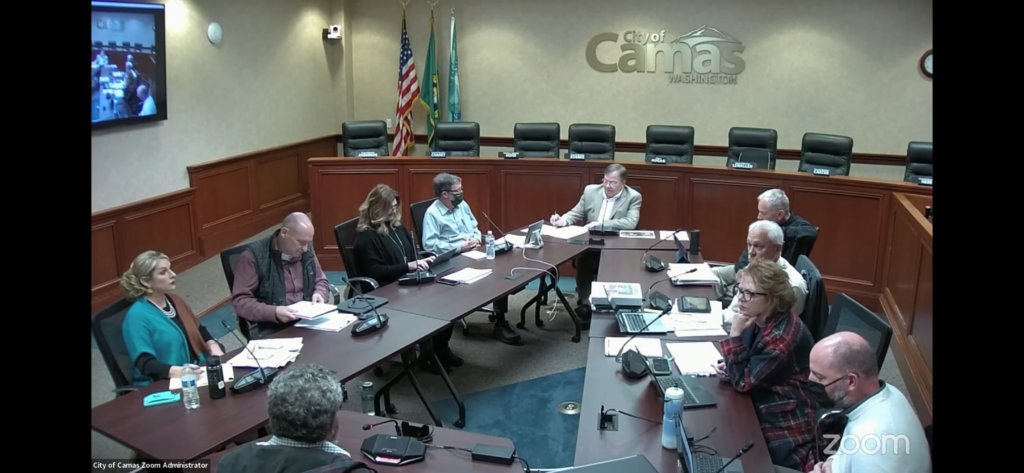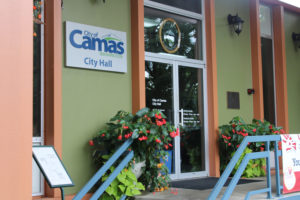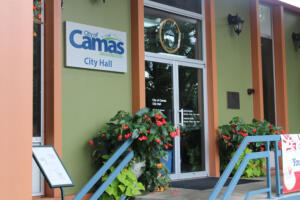Following months of back-and-forth conversations about the city’s most pressing priorities and ways to fund them — including the passage of a new 2% utility tax on Camas’ water, sewer, garbage and wastewater utilities — the Camas City Council has unanimously approved Mayor Steve Hogan’s proposed $250,397,285 biennial budget for 2023-24.
The 2023-24 budget, said Camas Finance Director Cathy Huber Nickerson in her staff report to the city council on Monday, Dec. 5, “provides benefits for the whole city, from residents to businesses, early childhood learning to accessibility needs, physical safety to cybersecurity, planning for the city’s growth to rehabilitating current assets.”
In prior budget cycles, Huber Nickerson said, the city’s biennial budget tended to be centered around themes from the city council’s annual planning conference and various mayors’ priorities.
“The 2023-24 budget cycle attempted a more collaborative process,” and included not only more input from the city’s managers regarding their departments’ most urgent needs, but also more feedback from the city council and the community, according to Huber Nickerson.
“Council had multiple opportunities in workshops, retreats, public hearings, documents, public engagement reports and council meetings to consider the proposed budget,” Huber Nickerson stated in her staff report. “(And the) community had a variety of ways to provide input, including (at a) Camas Days booth, (online through) Balancing Act and Engage Camas, public hearings, citizen advisory boards and farmer’s market booths.”





